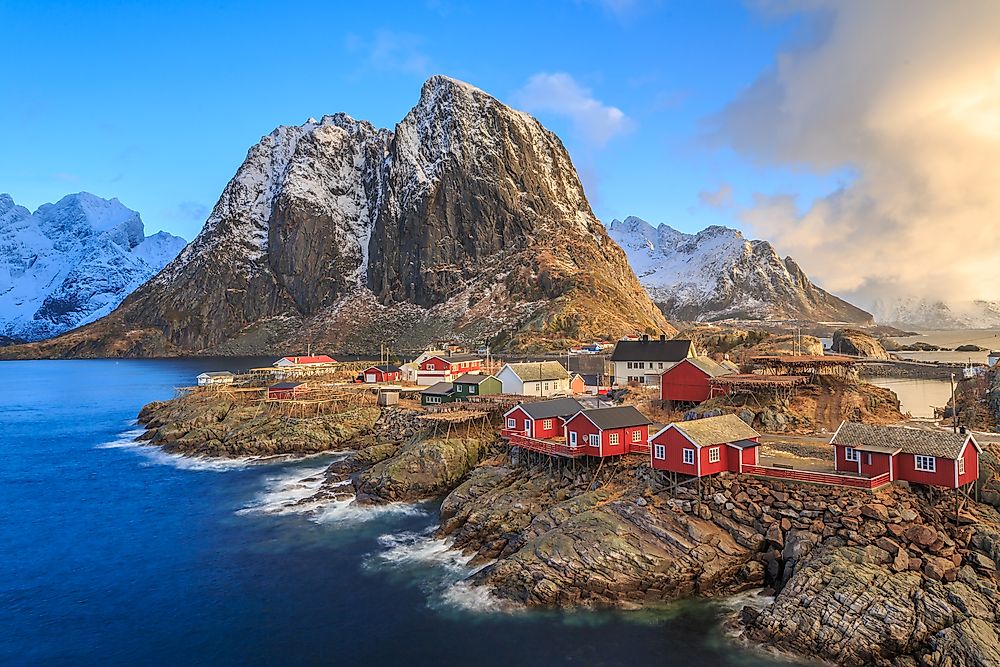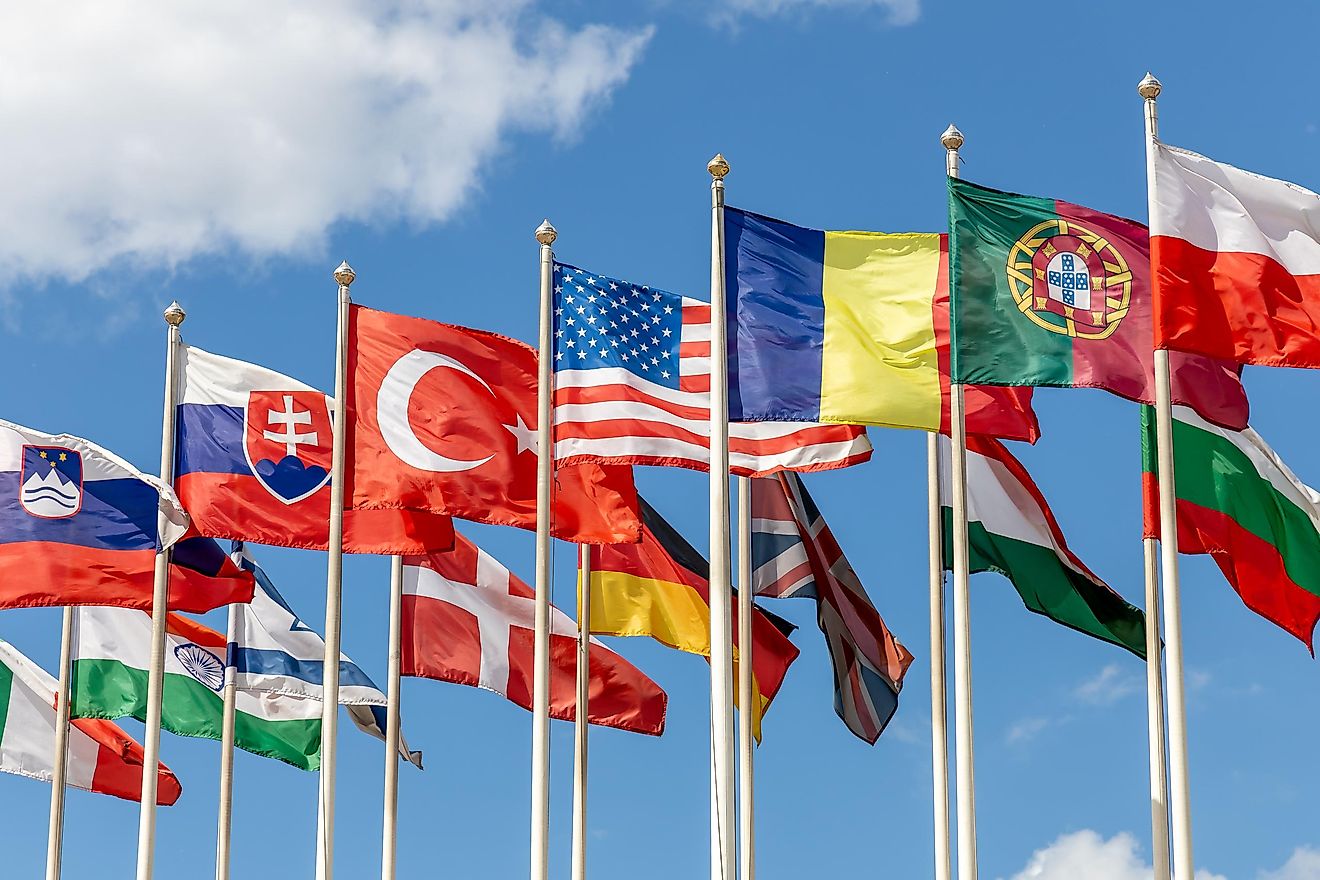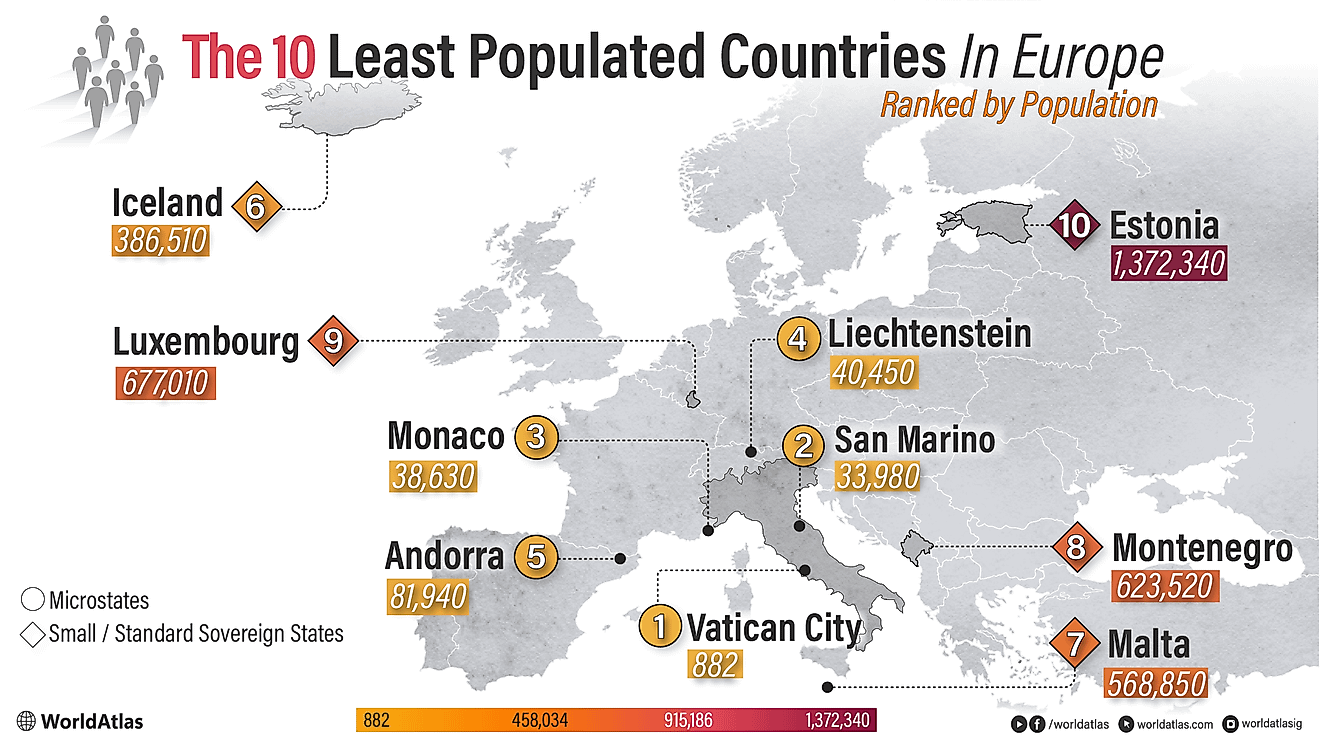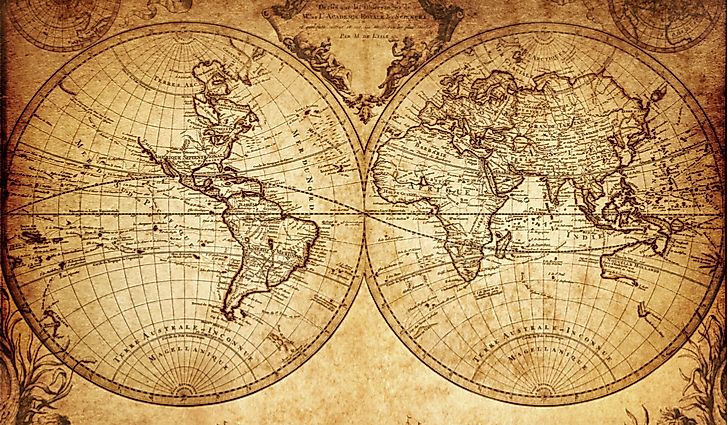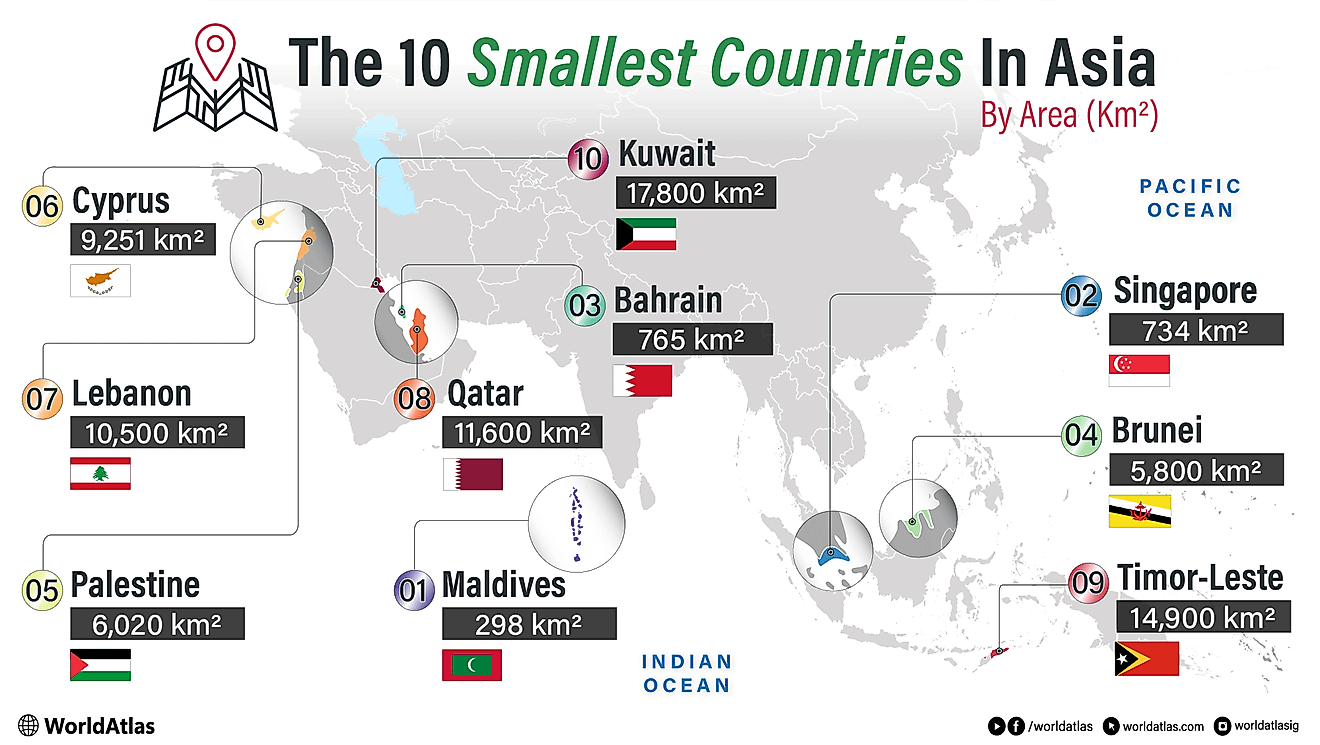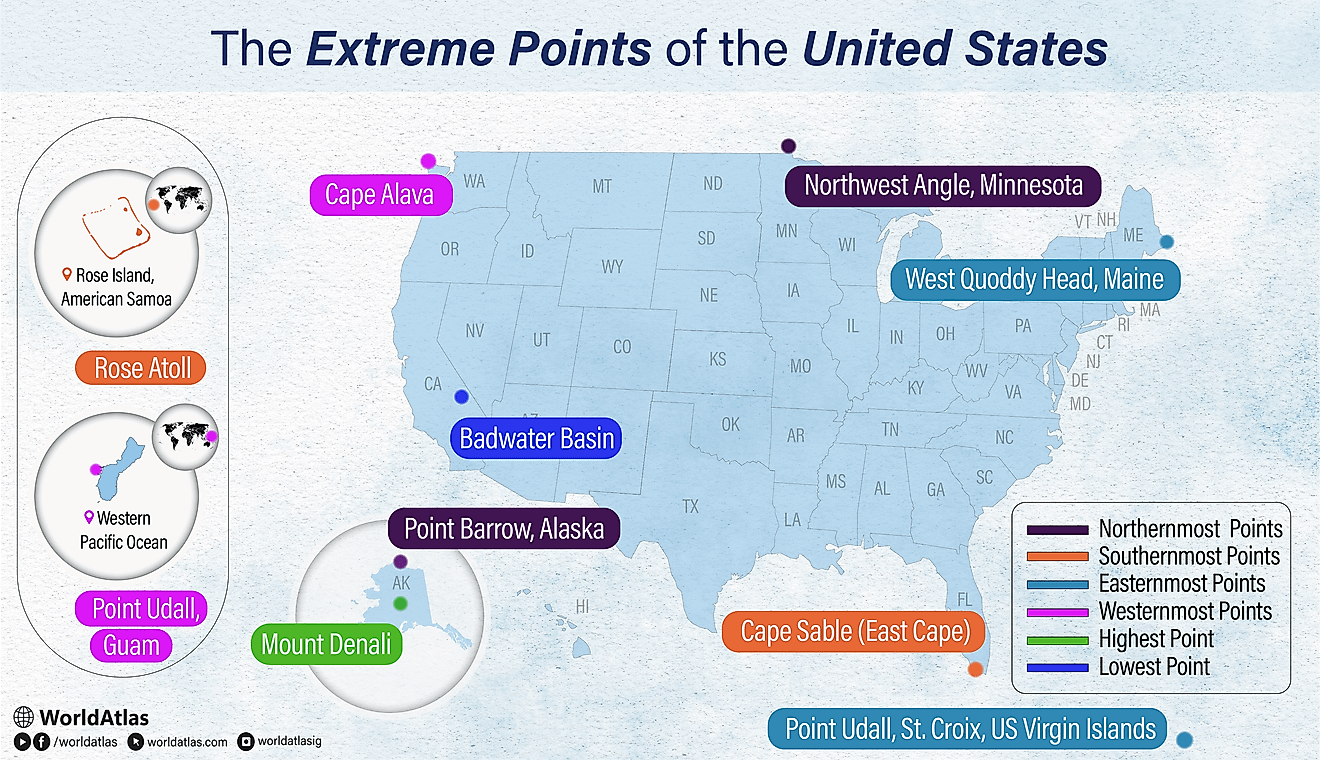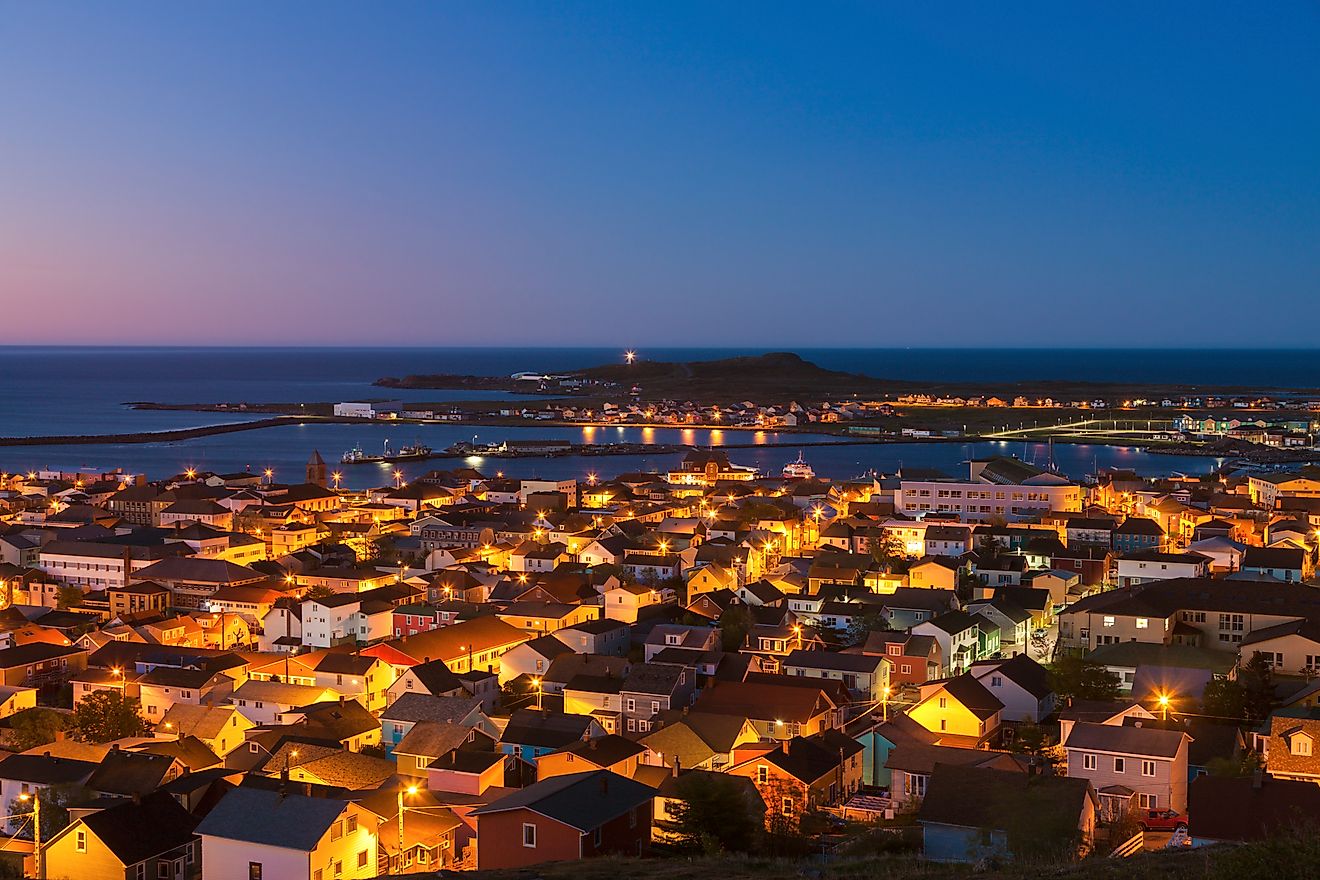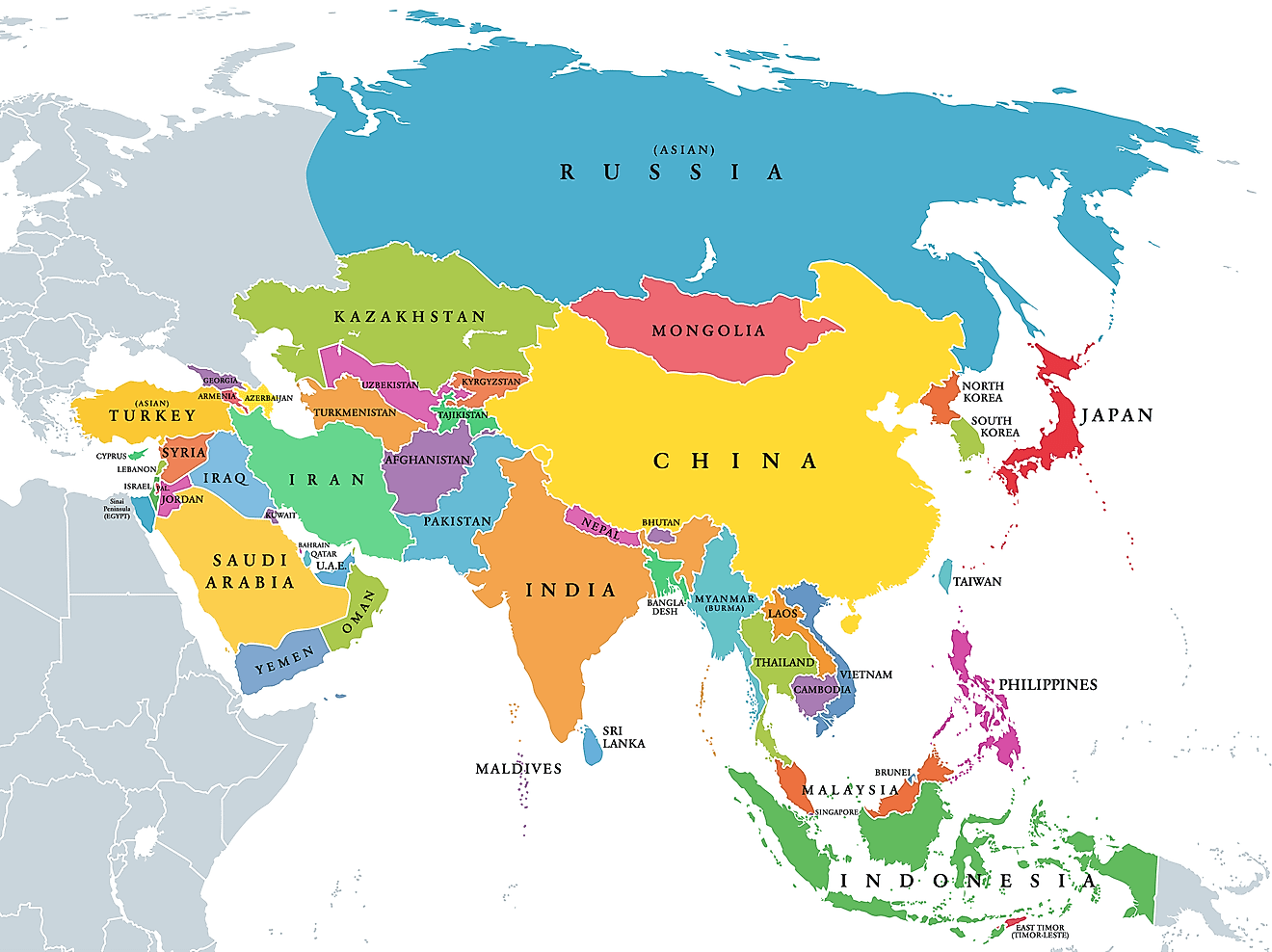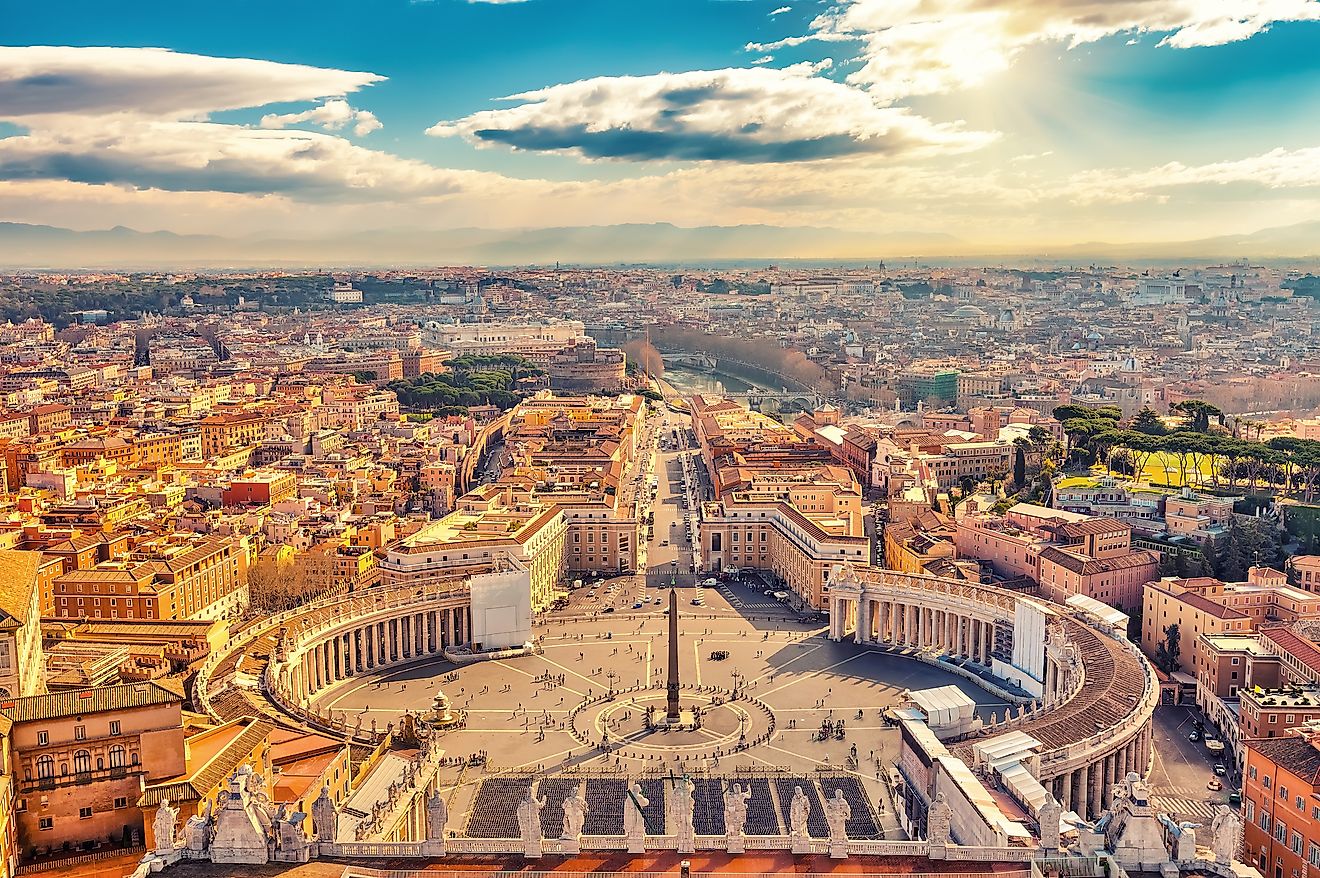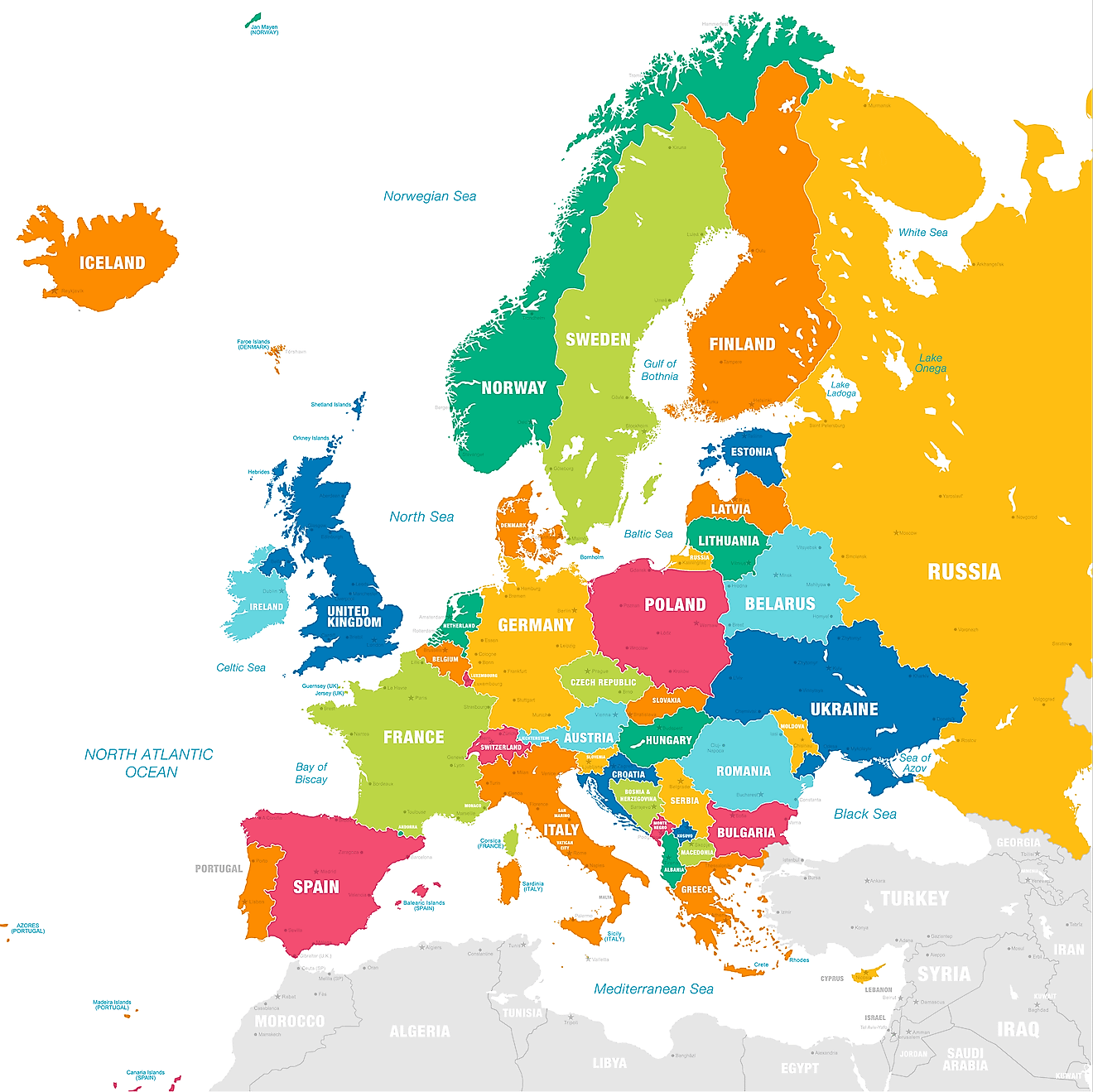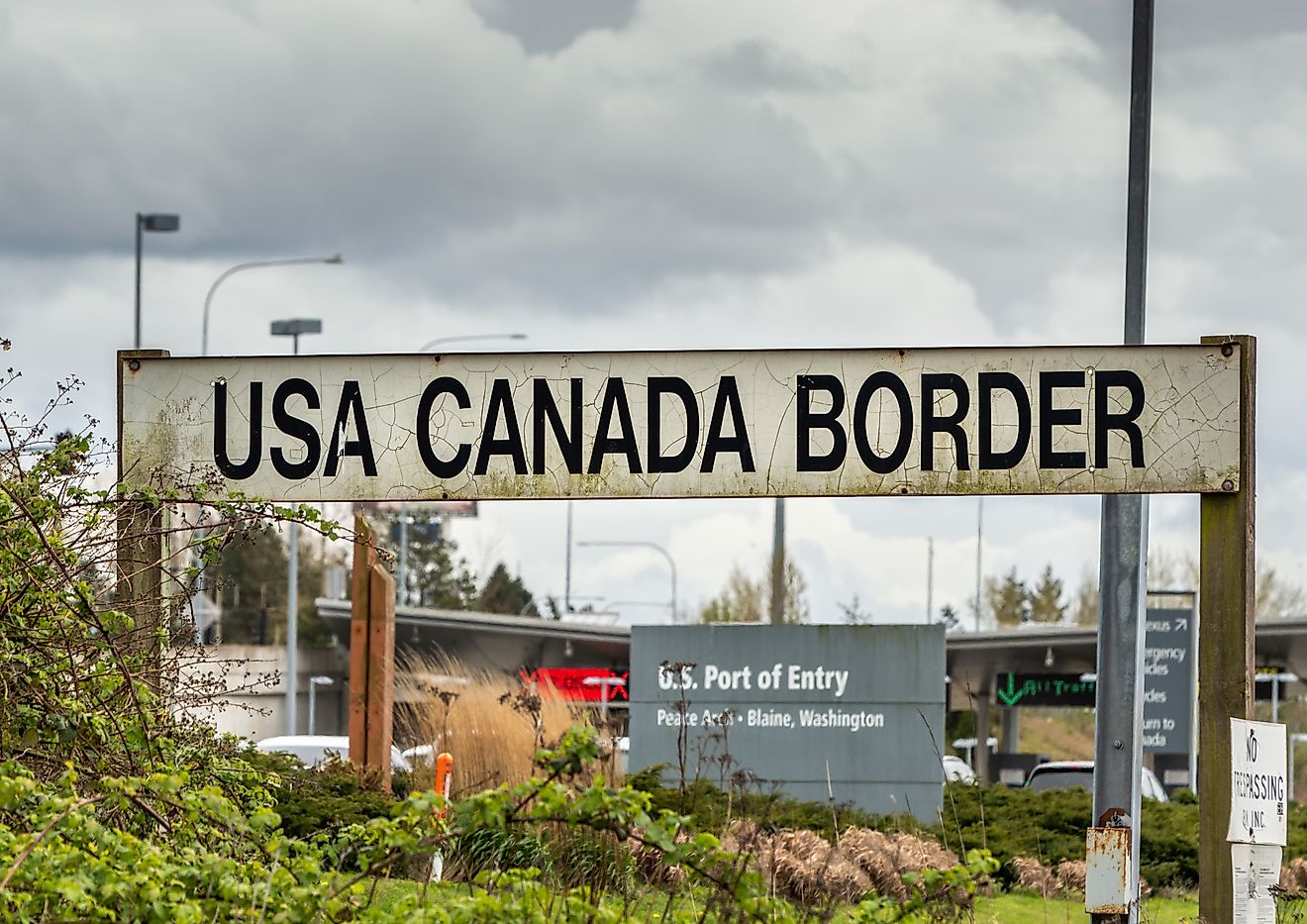
Countries That Start With The Letter C
As the third letter of the alphabet, C is quite popular as the first letter of countries around the world. A total of 16 countries start with the letter C! Here they are, along with the origin of their names:
Countries That Start With The Letter C
| Country | POPULATION 2023 | C Phoneme |
|---|---|---|
| Cabo Verde | 549,930 | /k/ |
| Cambodia | 16,944,826 | /k/ |
| Cameroon | 28,647,293 | /k/ |
| Canada | 38,781,291 | /ˈk/ |
| Central African Republic | 5,742,315 | /ˌs/ |
| Chad | 18,278,568 | /tʃ/ |
| Chile | 19,629,590 | /ˈtʃ/ |
| China | 1,425,671,352 | /ˈtʃ/ |
| Colombia | 52,085,168 | /k/ |
| Comoros | 852,075 | /ˈk/ |
| Congo-Brazzaville (Republic Of The Congo) | 5,380,510 | /ˈk/ |
| Congo-Kinshasa (Democratic Republic of the Congo) | 86,790,570 | /ˈk/ |
| Costa Rica | 5,212,173 | /ˈk/ |
| Croatia | 4,008,617 | /k/ |
| Cuba | 11,194,449 | /ˈk/ |
| Cyprus | 1,260,138 | /ˈs/ |
| Czechia (Czech Republic) | 10,669,710 | /ˈtʃ/ |
Cabo Verde
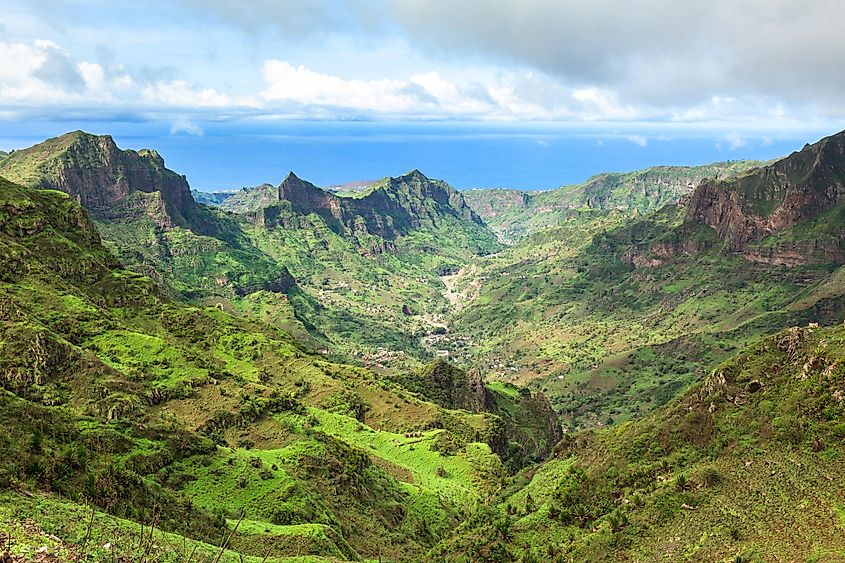
Cabo Verde, a country that was also known as Cape Verde before its government decreed the Portuguese spelling as the official name in 2013, is an archipelago off the northwest coast of Africa. The islands were uninhabited until discovered by Portuguese explorers in the 15th century, who established settlements and utilized the location as a crucial maritime hub for the Atlantic slave trade. The name "Cabo Verde" is derived from Cap Vert, on the Senegalese coast, meaning "Green Cape" in Portuguese. Despite its historical reliance on the slave trade, Cabo Verde transitioned to a hub for shipping and later became known for its salt mining.
The archipelago gained independence from Portugal in 1975, becoming a republic with a mixed economy heavily reliant on tourism, remittances from a large diaspora, and foreign aid. Its strategic location has fostered a significant maritime culture, with music, literature, and cuisine reflecting a blend of African, Portuguese, and Brazilian influences. Cabo Verde today is noted for its stable democratic governance and social progress, with a focus on renewable energy development and increasing digital connectivity to overcome its geographic isolation.
Cambodia
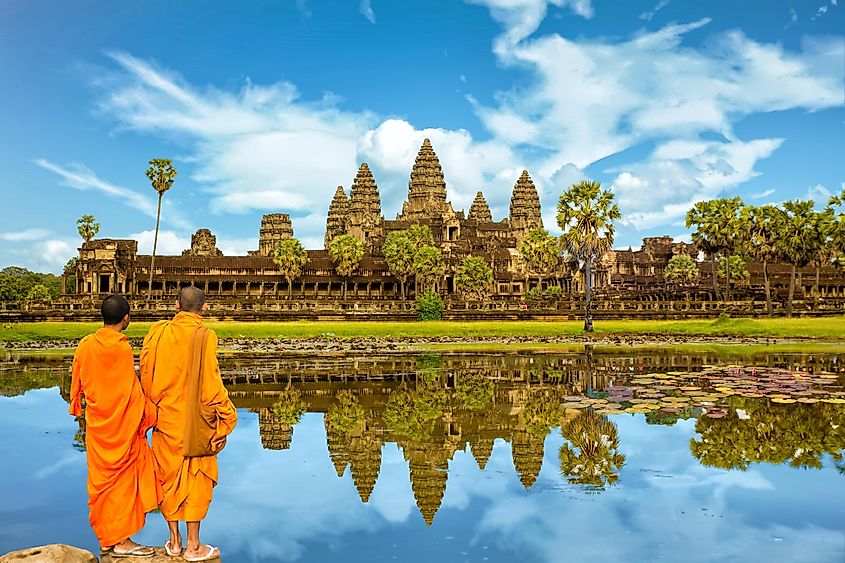
Kampuchea is the official name given to this country by its Indigenous Khmer residents, while "Cambodge" is what the colonial French called the region, and Cambodia is the anglicized version of that. The original "Kampuchea" is believed to derive from an early northern India tribe, called Kambujadeśa or Kambuja in Sanskrit, on the lands that would later be known as such during the time of the Khmer Empire. The myth goes that an Indian hermit Kambu Swayambhuva wed a celestial Nymph, Mera, subsequently creating the Chenla Empire, later to become the Khmer Empire.
Cambodia became a French protectorate in 1863, mostly because France wanted to prevent the British from being able to access China. They had little influence in the land until years later when they tried to gain more control of the internal affairs, leading them to force the head of the people to agree to become a French colony in 1884. It remained a colony until it was occupied by the Japanese during World War II. After the war, it became an independent state in the French union.
Cameroon
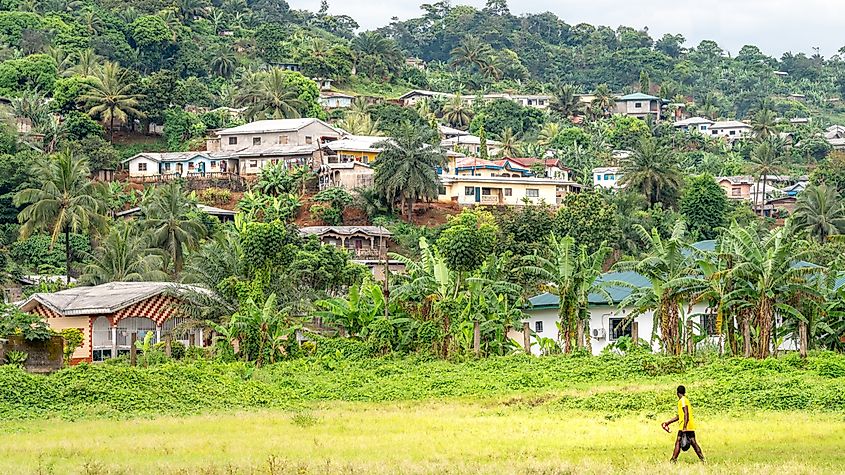
If one presumes that the name “Cameroon” comes from an important actor in this country’s history, they would not be completely wrong; it comes from an animal that played a significant role in the country’s history, from meeting nutritional needs to economic development through trade: prawns.
Portuguese explorers of the 15th and 16th centuries renamed what was called the Wouri River by the Indigenous peoples. The new name was Rio dos Camarões, or the River of Prawns. The name Camarões, or “Cameroons” when anglicized, also extended to the regional mountains. In 1884 the Germans called the protectorate they controlled "Kamerun," which is the closest to what the English world knows it as today.
It remained under German control until 1916, when the allied forces in World War I drove the Germans out of the territory, and the British and the French took over. The French portion was much better developed than the British portion, and when the country reached independence in 1960 it was the French sector with the highest GNP and better education, healthcare, and other social institutions.
Canada
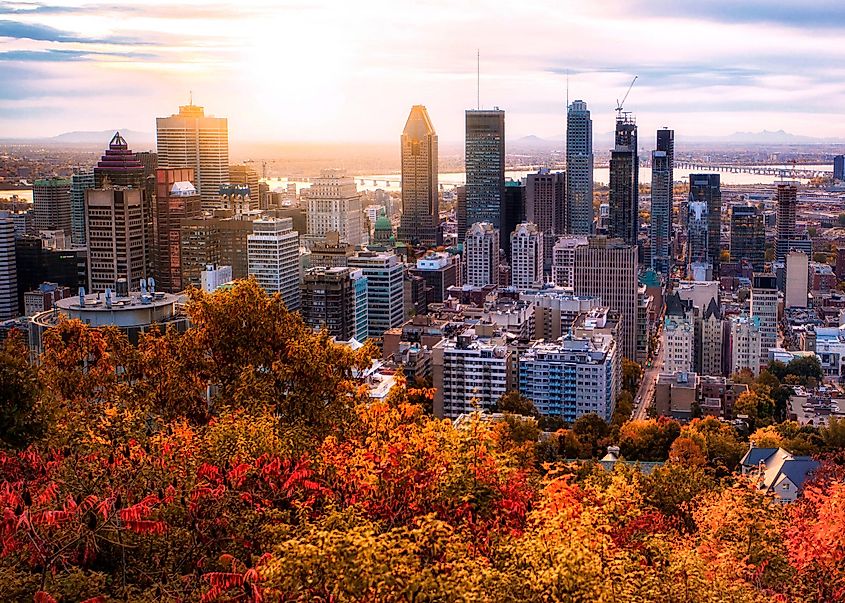
The word Kanata has origins in the language of the Huron-Wendat nation living in the area that is today called Quebec in 1535. The story goes that two young Indigenous inhabitants directed French explorer Jacques Cartier to follow the route to Kanata, meaning "Village," which was actually the present-day city of Quebec, then known as the village of Stadacona.
Cartier referred to not only the village but all the land surrounding it as Canada in his correspondences, and soon the French began calling anything North of the St-Lawrence River Canada before they formally established their colony, "New France" in the area. The British began populating colonies around the French, increasing tensions between the two global powers that were already hostile to begin with. The French controlled their colony until the Seven Years' War with Britain, in which they were defeated in 1765. The British took over, and maintained several colonies in the land today known as Canada. The first colonies to become independent did so in 1867, and other colonies and territories were progressively added, culminating with Newfoundland in 1949.
Central African Republic
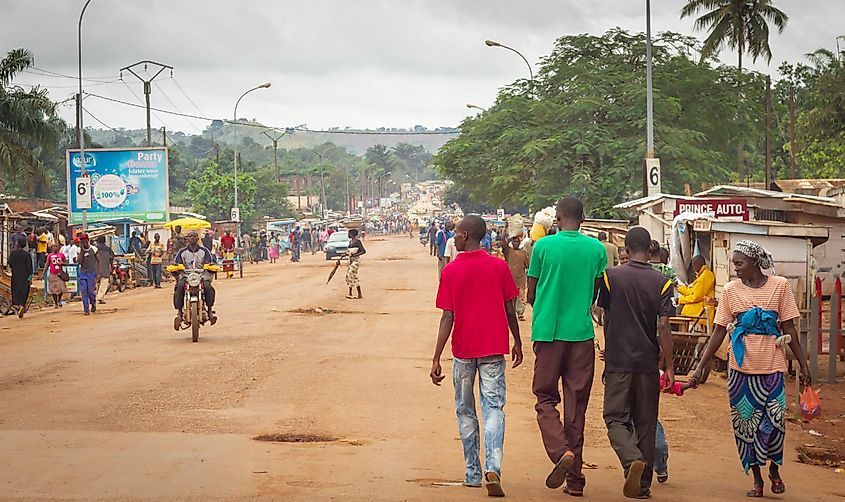
Split between the basins of the Ubangi and Shari rivers, this country was once called Ubangi-Shari, back when it was a French colony. The French colonial administrator, Pierre Kalcke, proposed to the leader of the colony for the movement of independence, Barthélemy Boganda, to unite Ubangi-Shari, Congo-Brazzaville (the Republic of the Congo), Chad, and Cameroon under the common name of République Centrafricaine. When the neighbouring countries rejected this motion, Boganda decided to keep the name solely for the state that would become independent one year after his auspicious death in 1959. Although never the president, Boganda had an impact on the country’s fate and was hoping that one day, others would want to unite under such a dominant name.
The second president renamed the country to the Central African Empire in 1976. The original name returned in 1979 under the new presidency and was kept to this day.
Chad
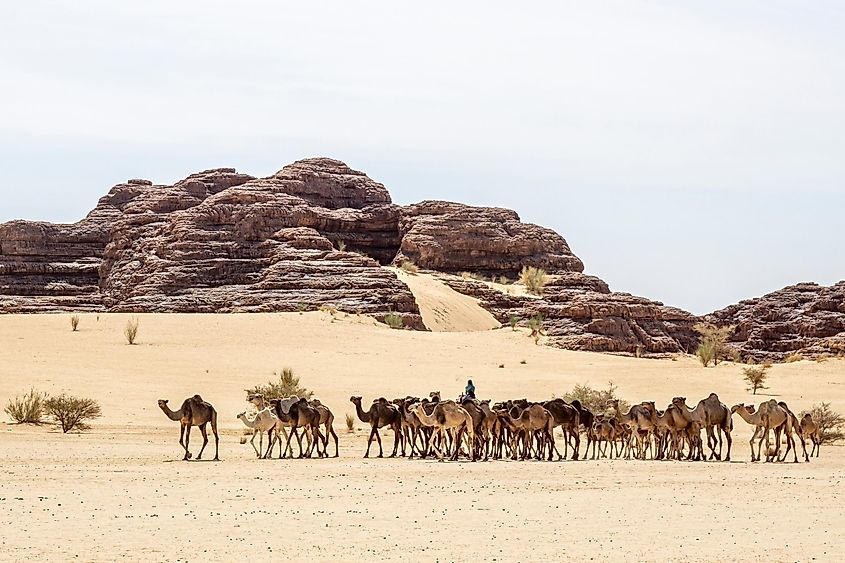
Chad is a local word meaning a lake or large expanse of water. The Lake Kuri, the largest body of water in this landlocked desert-laden country, was referred to as "Chad" by an imam, Ibn Fortu. Also being an author in the 16th century, he left documented writings of this.
Before colonization, the land today known as Chad was the location of various kingdoms, some of which were significant in the spread of Islam across Africa. The French arrived at the end of the 19th century, and Chad became part of French Equatorial Africa in 1910, becoming a French overseas territory in 1946. Chad became an independent country in 1960.
Chile
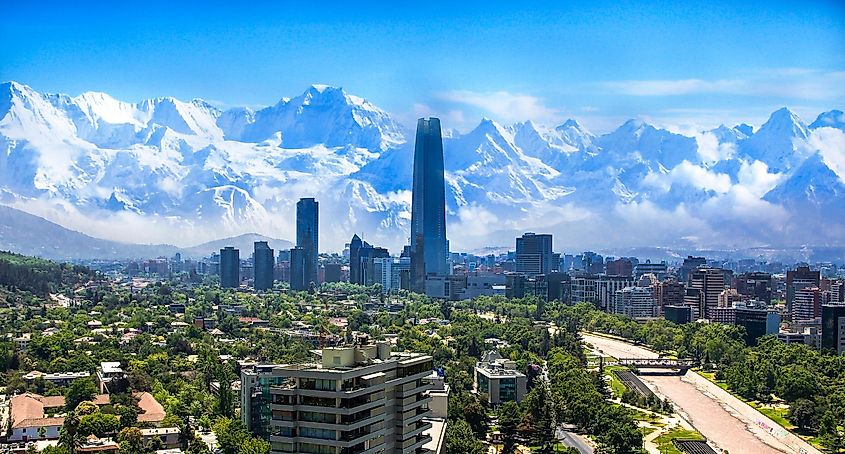
There are a few theories about how Chile got its name. The Incas from Peru named the valley of Aconcangua "Chili," referring to the Araucanians' tribal chief by the name of Tili, whose tribe they failed to conquer. Since Aconcagua also has similar relief as the Casma Valley in Peru, which has a town named Chili, another theory is that the word comes from the Mapuche word Chili, which means "where the land ends" or "the deepest point of Earth." Backing this theory were the survivors of Diego de Almagro’s first Spanish expedition south from Peru in 1535-36, called themselves "the men of Chili" after hearing the name from the Incas.
In Aymara Tchili is a word for "snow." Also in in Mapuche "cheele-cheele" is also the imitation of a bird call. These are two other theories as to the origin on the name.
The area was colonized by the Spanish, but they had little interest in it because of a lack of mineral resources. The independence movement grow in the 19th century, and it succeeded in 1818.
China
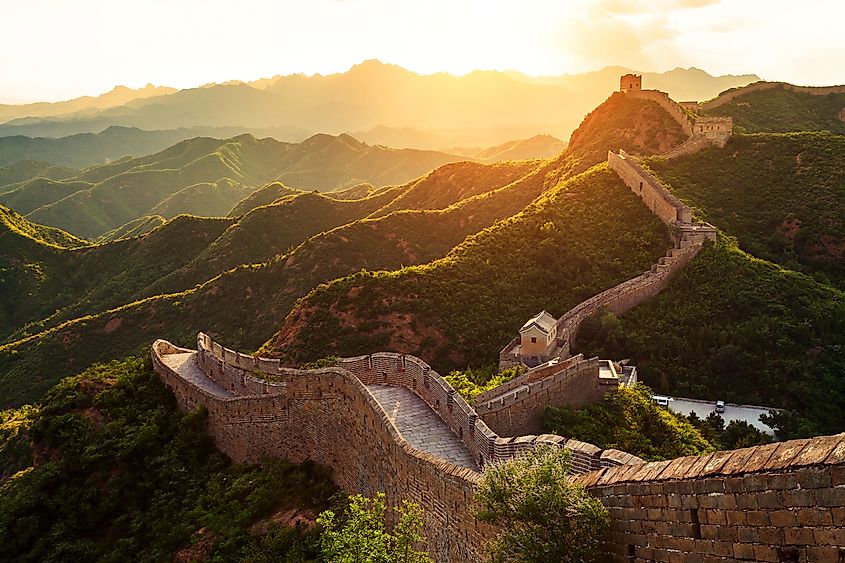
According to the Chinese people, they live in the country Zhongguo, the name the country for centuries, meaning the "Middle Kingdom." In 1000 BCE, the name Zhongguo was designated to the central Yellow River valley, which was the center of the Western Zhou dynasty. Although the country changed names under different dynasties throughout the years, the original name was kept alive through unofficial documents until it was reintroduced again.
The word China has been used officially since the 16th century and fully popularized by the mid-19th century. It may have come from the unifying dynasty Qin, or "cheen," phonetically. Others believe that it came from Farsi, specifically, the Persian word Cin, meaning "porcelain" and spread by Marco Polo during his travels.
Today, the country's official name is the People's Republic of China, which reflects the fact that China remains a communist state. Before becoming the republic it is today, the land we know as China passed through centuries of different dynasties, and this long, rich history is still felt today.
Colombia
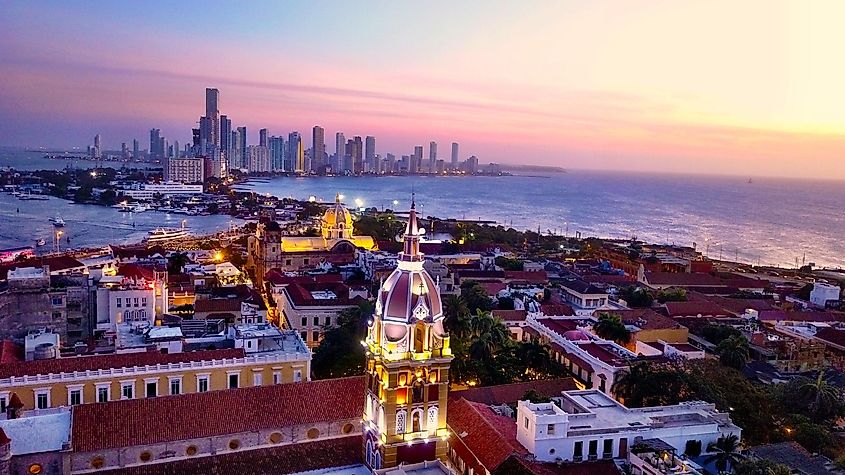
As one might expect, the name Colombia comes from Christopher Columbus, imposed unto the New World by the revolutionary Francisco de Miranda as a reference to the Spanish and the Portuguese-proclaimed territories and colonies.
Colombia was a Spanish colony until the independence movement that swept across South America in the early 19th century. In 1819, Venezuela, New Granada and Ecuador formed a union under the name of the Republic of Colombia, which held until 1830 when Venezuela and Ecuador split off. The remaining region became known as the Republic of New Granada until 1863, the United States of Colombia until 1886, and finally, the Republic of Colombia.
Comoros
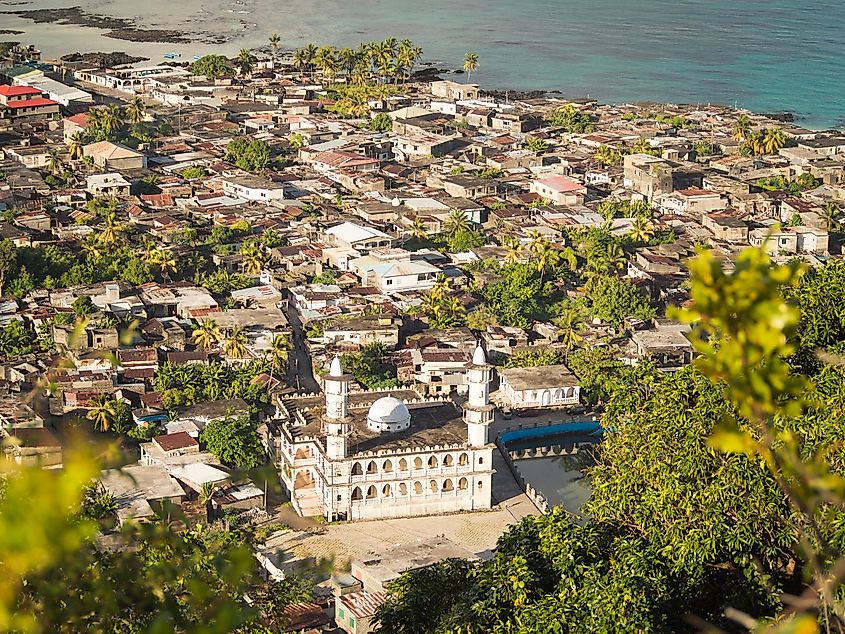
Three grand and many small islands in the Comoros Archipelago compose the country of Comoros. The moon, or Qamar in Arabic, is the inspiration for the country’s moniker. The celestial sphere also profiles on the country's flag.
The early history of these islands off the eastern coast of Africa is uncertain, but they were likely explored by Persian and Arab traders in Antiquity, hence their name. It is inhabited by people from both Malayo-Indonesian and Bantu descent, with Persians arriving and bringing Islam with them. The islands came under French rule in 1886, before gaining independence in 1975.
Republic of the Congo
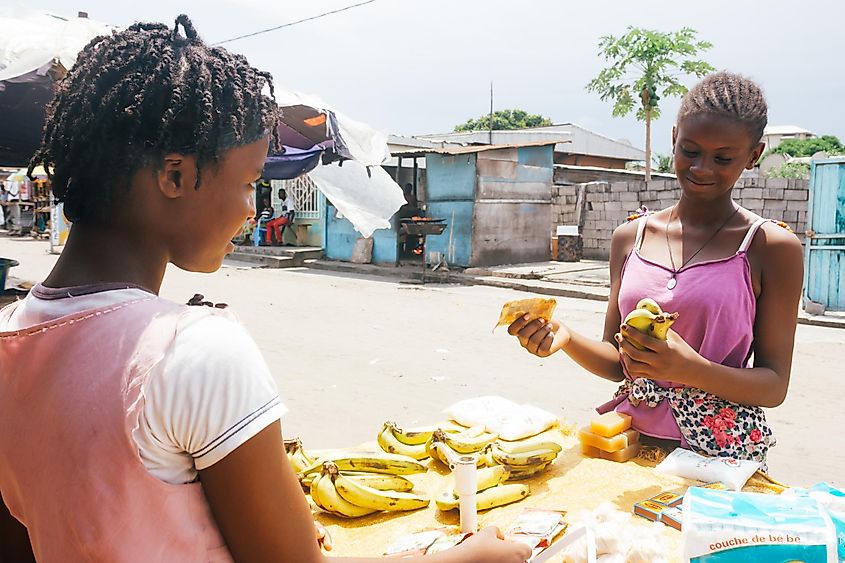
The Republic of the Congo was long referred to as Congo by the Indigenous inhabitants before the Europeans took control of this country. Coming from a Bantu word meaning mountains, the name of the country actually comes from the river Congo (officially, Kongo), which was formerly named for flowing from the mountains. The Bantu-speaking tribes that lived along the river were also called the Bakongo.
To distinguish it from the Democratic Republic of the Congo, on the other side of the river, it is often referred to as Congo (Brazzaville), which is the name of its capital. Another difference between the two countries is who colonized them. Congo (Brazzaville) was under the control of the French as of 1880, gaining its independence in 1960.
Democratic Republic of the Congo
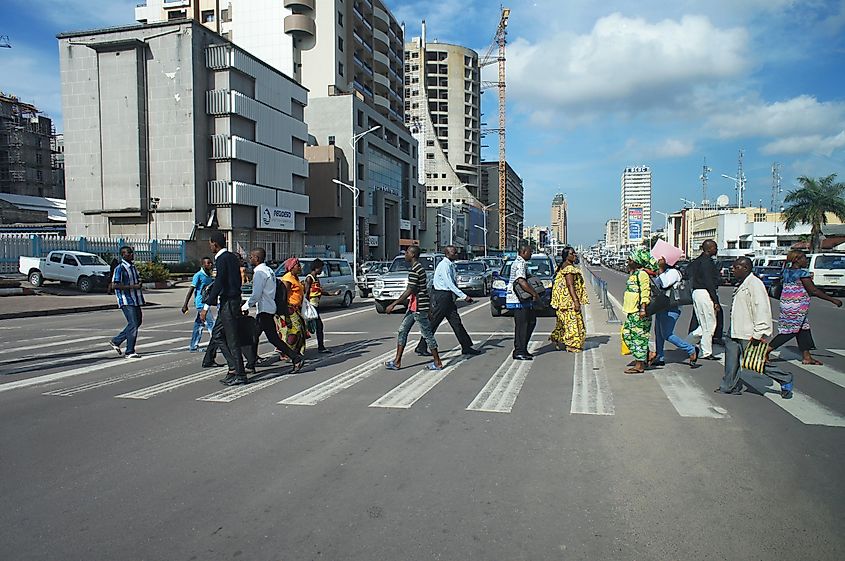
Also known as DRC or Congo (Kinshasa), The Democratic Republic of the Congo has the same etymology as its once conjoined part. The Democratic Republic, most commonly shortened to "DR", is referring to its motion to separate from the side that was once ruled over by the French.
Unlike Congo (Brazzaville), this Congo was never a French colony but was in a paternalistic relationship with the Belgian Kingdom. At first it was not a formal colony, but rather a privately-owned territory under the rule of the Belgian king. After human rights abuses were revealed and drew outrage around the world, the Begian Parliament stepped in and DRC became a colony in the official sense of the word from 1908 to 1960.
Costa Rica
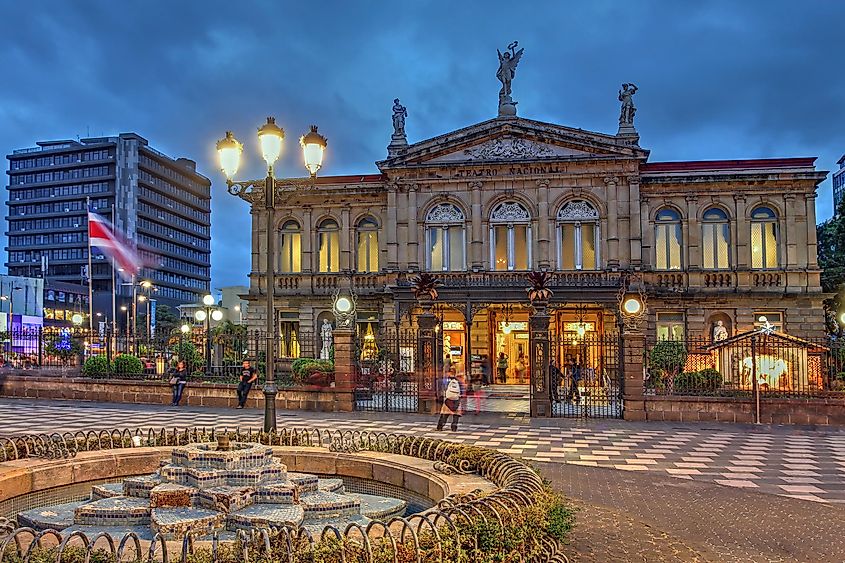
Many believe that the Rich Coast was christened as such by Christopher Columbus upon setting foot here in 1502 and finding gold. However, this version is often challenged, as it is known that he referred to the land as La Huerta meaning "the Garden." Nevertheless, "Costa" is a Latin word meaning coast, and was often used by the British in writing.
However, since it has the same meaning in Spanish, where "Rico" also means rich, the more likely version of the name's origin dates back to 1522, when the Spanish conqueror, Gil Gonzálas Dávilla, returned home from the land he could not conquer. After attempting and failing to establish a settlement, he forcefully took gold from the Indigenous inhabitants and proclaimed that he brought it from Costa Rica, the "Rich Coast."
Croatia
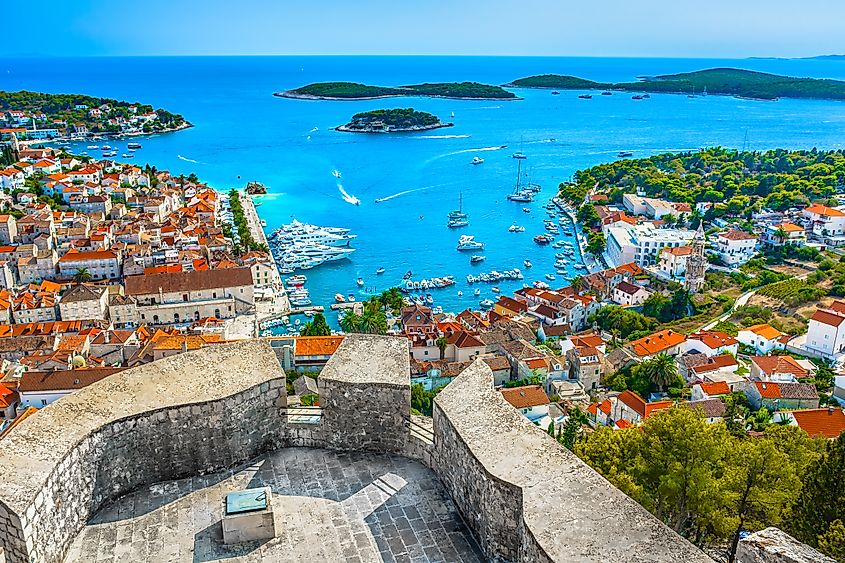
Hrvatska, a crescent-shaped country in South-eastern Europe traces its name to a Russian tribe of the earliest Ukrainian descent. Calling themselves "Horvats," the name spread across Europe and is still present there today in the names of landmarks in countries like Austria, Slovenia, Bohemia, Moravia, Slovakia, Macedonia, Greece, Montenegro, and Albania. Those familiar with Eastern European culture would recognize the distinct throat rumble and the popular "tska" ending commonly found in the Slavik languages. Pronunciation is anglicized as Croatia.
This land was ruled by the Habsburg Dynasty, which controlled parts of Central and Eastern Europe for centuries, before it was reconstituted as Austria-Hungary, still with Croatia as part of its empire. Following the end of World War I, Croatia was a part of Yugoslavia, a doomed republic of ethnically distinct regions, before declaring independence in 1991.
Cuba
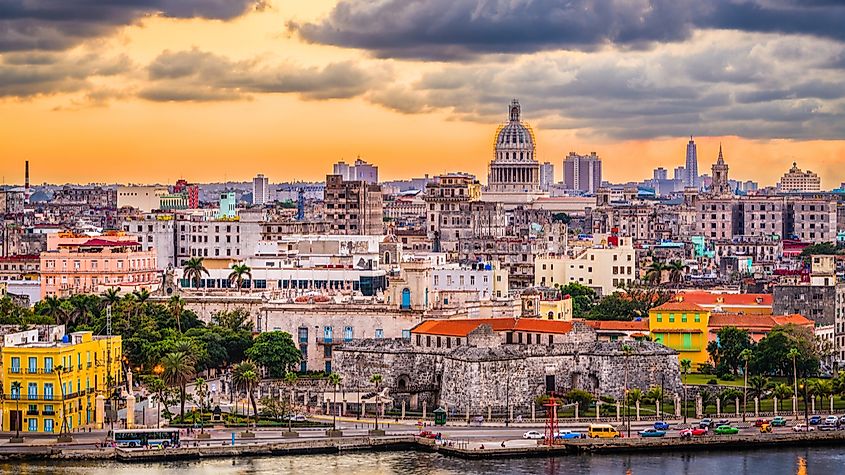
The Taino people who lived in nearby Haiti would call the mountainous eastern part of the island, "Ciba," which stands for stone, mountain, or cave. Similarly, the Cuban aborigines who lived in the caves were called Siboney. The "u" in the word “Cuba” came from the Islamic influence of the region. Its capital, Havana, was a lucky combination of the Spanish word for "city" (Habana), and the name of a local Taino chief, Habaguanex.
Cuba's history is a unique and revolutionary one, beginning with the coup against their dictator in 1959, led by Fidel Castro. Due to ideological similarities they allied with Soviet Union, causing the United States to impose a decades-ling trade embargo on the island country. When the Soviet Union fell, life in Cuba became very difficult as they lost their mane trading partner so food became scare. In 2014 the US announced they would begin normalizing relations with Cuba, bringing hope for the residents.
Cyprus
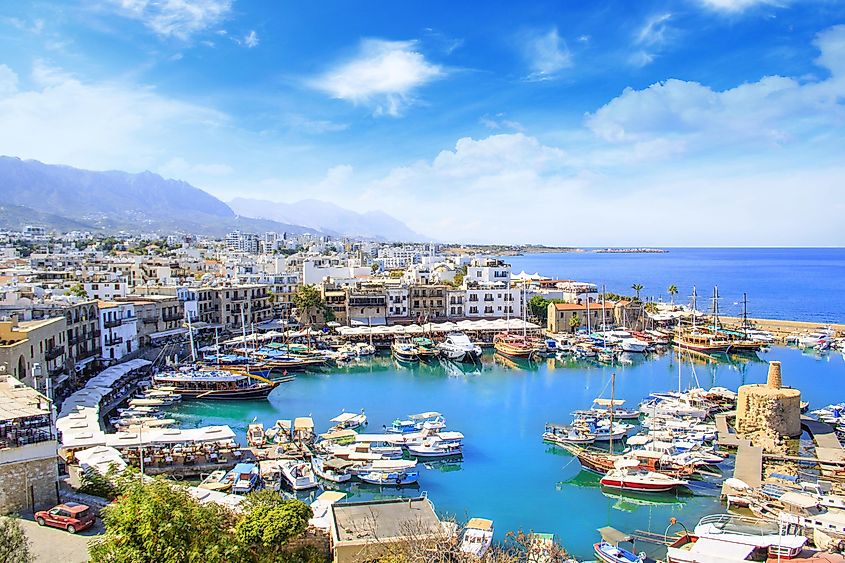
Cyprus is the setting of Shakespeare's Othello, as well as the birthplace of Aphrodite, the goddess of love and beauty in Greek mythology. Though the origin of its name is uncertain, it is known that this island is the namesake for copper metal, which was mined here during the Greek Empire.
Clearly, copper metal played a major role in the area's development. The mining of copper began around 4000 BCE and was distributed around the ancient Mediterranean world from Cyprus. 3,000 years ago, copper ore and shaped copper were exported from a mine near the town Lefka on the island Mavrovouni. Soon after, the King of Tyre, Hiram II, established merchant communities around the country, with large ancient cities like Citium and Tamassus featuring the most exports.
Czech Republic
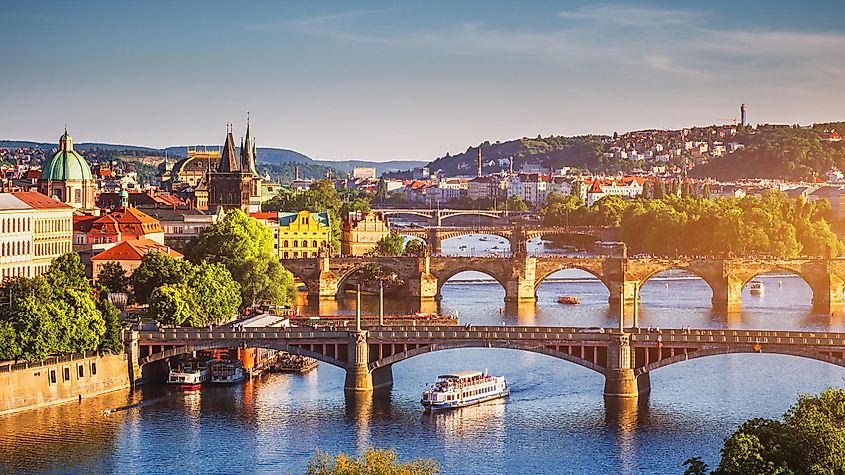
Since the Czech Republic was once joined with Slovakia as Czechoslovakia, that name deserves an explanation. The "Slovakia" part refers to the Slovak people residing in Eastern Europe and the Baltics. Czech is the native name for Bohemians and Moravians. Coming from the word "český" and translating into "Bohemian" or "Czech," it was said to be the name of an ancestral chief. Another explanation comes from the word "četa," meaning "army." Even earlier, the French referred to the people living in this region as Tshekh.
After splitting, "the Czech Republic" seemed like a natural name for the country. However, after long debates on changing such a mundane name, the country gained a second official name, Czechia, on July 5, 2016.
Final Thoughts
Settling on a name for a country is a decision that spans centuries. Then, that name might be spelled and pronounced with extreme differences depending on how the world's languages adapt that name into their own tongues. English is one of several dominant languages, used in business and education worldwide, but it is not the be-all and end-all of nomenclature and linguistics. A fun activity is finding different languages that refer to these countries in an entirely distinct way, in comparison with their English names.
